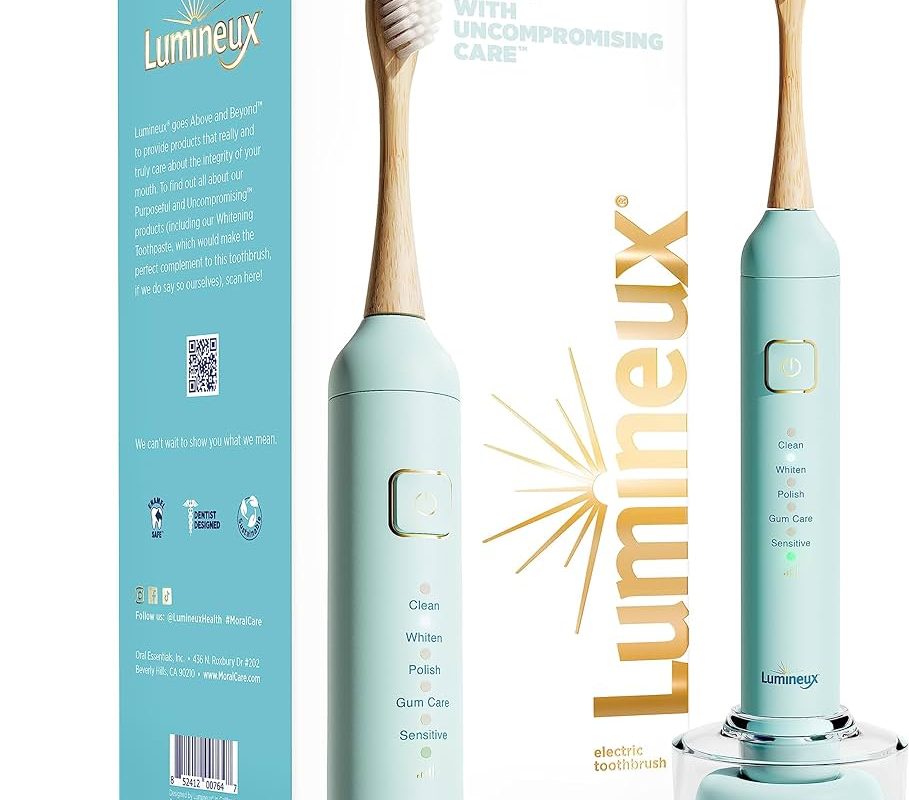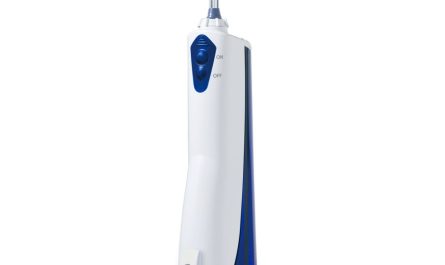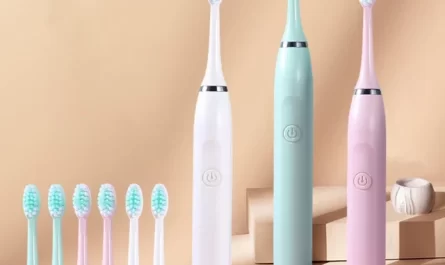Introduction:
Health Savings Accounts (HSAs) offer a tax-advantaged way to pay for medical expenses, but understanding what qualifies as an eligible expense can be confusing. While HSAs are designed to cover a wide range of health-related costs, not all items are included. This comprehensive guide addresses whether you can use your HSA to purchase an electric toothbrush, detailing the guidelines and limitations involved.
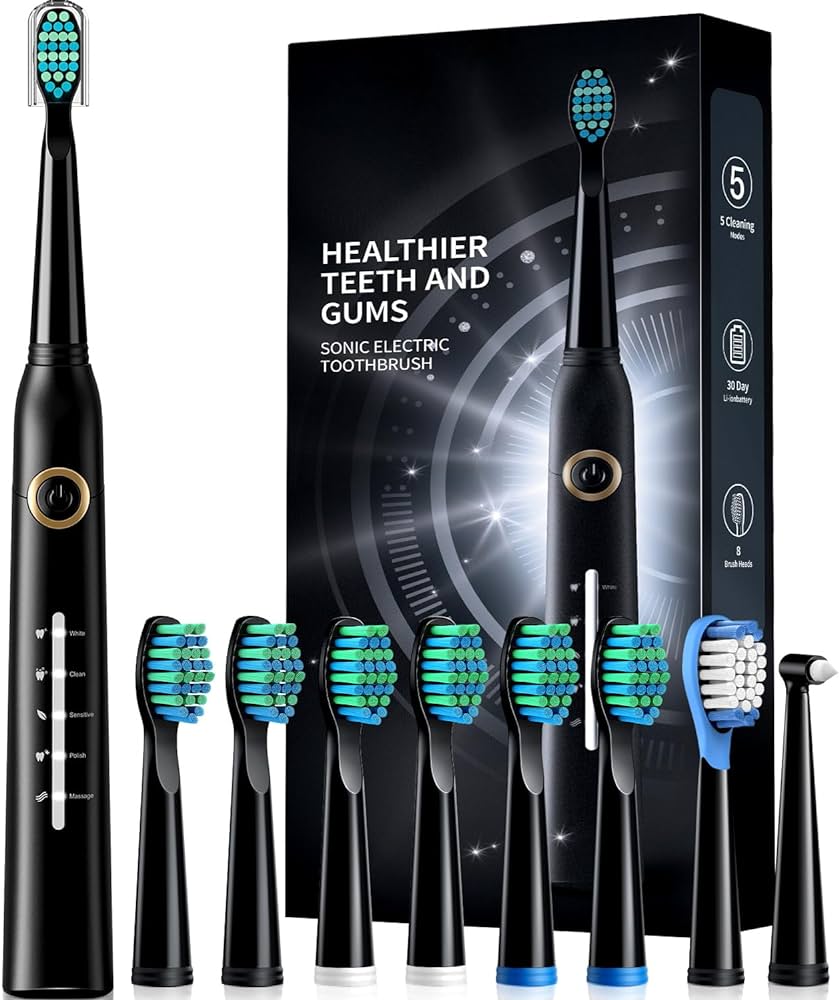
Can You Use HSA for an Electric Toothbrush:
What Are the Guidelines and Limitations?
Understanding HSAs:
What Is a Health Savings Account and How Does It Work?
Knowing the basics of HSAs can help you understand how they function and what expenses may be covered.
HSA Fundamentals:
Eligibility:
Enrollment Requirements: HSAs are available to individuals enrolled in high-deductible health plans (HDHPs). To contribute to an HSA, you must not be enrolled in other health insurance plans barring some exceptions (e.g., specific supplemental insurances).
Tax Advantages:
Pre-Tax Contributions: Contributions to an HSA are pre-tax, reducing your taxable income. The account funds grow tax-free, and withdrawals for qualified medical expenses are also tax-free.
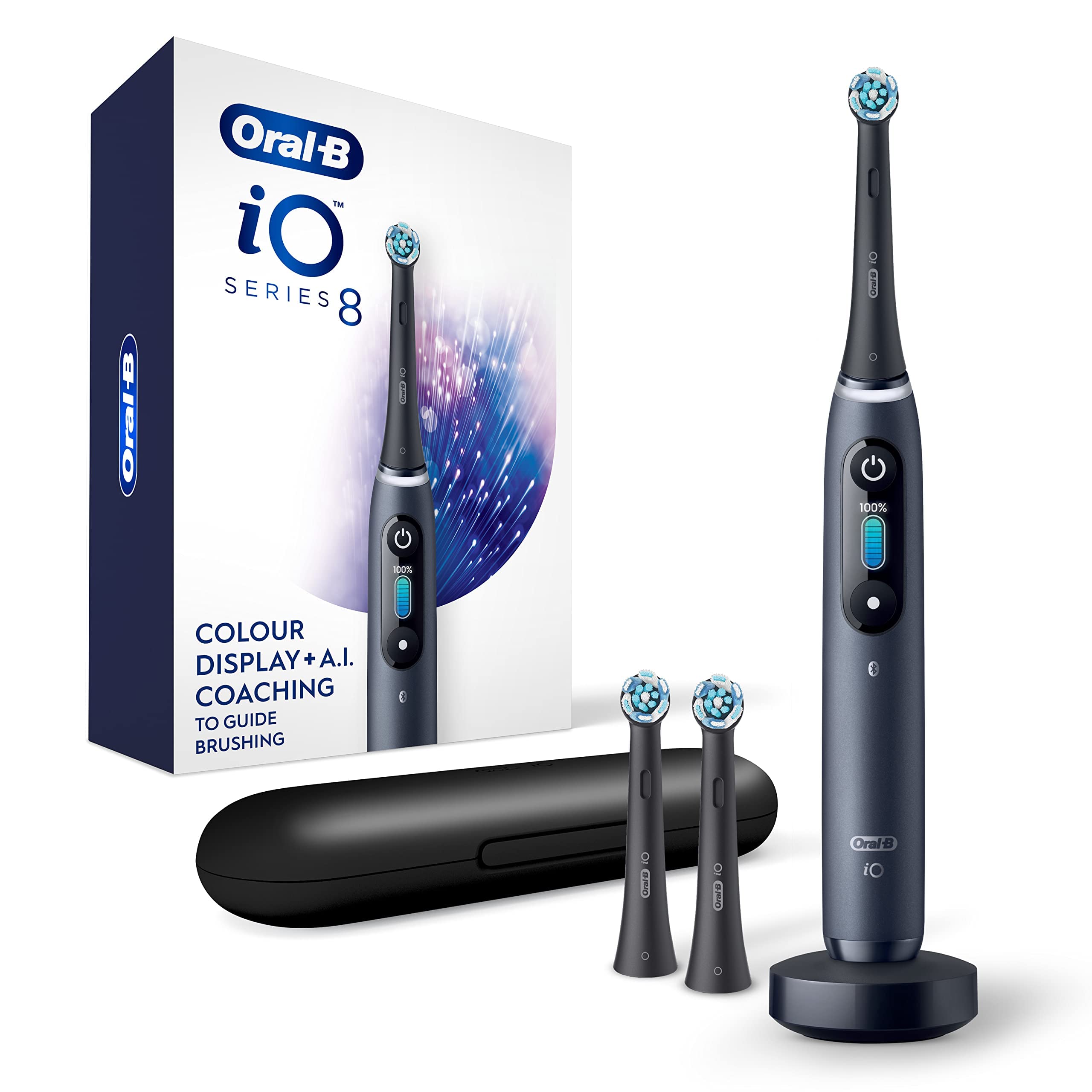
Qualified Medical Expenses:
IRS Guidelines:
Eligible Expenses: The IRS defines qualified medical expenses in Publication 502, which include costs for diagnosis, cure, mitigation, treatment, or prevention of disease, as well as treatments affecting any structure or function of the body.
Ineligible Expenses: Certain items deemed mainly for general health or cosmetic purposes, such as health club dues or over-the-counter medications without a prescription, do not qualify.
Electric Toothbrushes:
Are Electric Toothbrushes Considered Qualified Medical Expenses?
Determining whether an electric toothbrush qualifies for HSA reimbursement hinges on IRS guidelines and the intended use of the product.
General Classification:
Non-Qualified Status:
Personal Care Item: Generally, electric toothbrushes are classified as personal care items used for general health maintenance. Items for general health upkeep are typically not considered qualified medical expenses.
Special Circumstances:
Medical Necessity:
Dentist Prescription: In rare cases, an electric toothbrush may be deemed a necessary medical expense if prescribed by a dentist or healthcare provider for a specific medical condition. For example, if a dentist prescribes an electric toothbrush to prevent worsening of a severe gum disease or assist in managing a disability that affects hand dexterity.
Supporting Documentation: A written recommendation or prescription from your dentist detailing the necessity for an electric toothbrush can strengthen your case for reimbursement through your HSA.
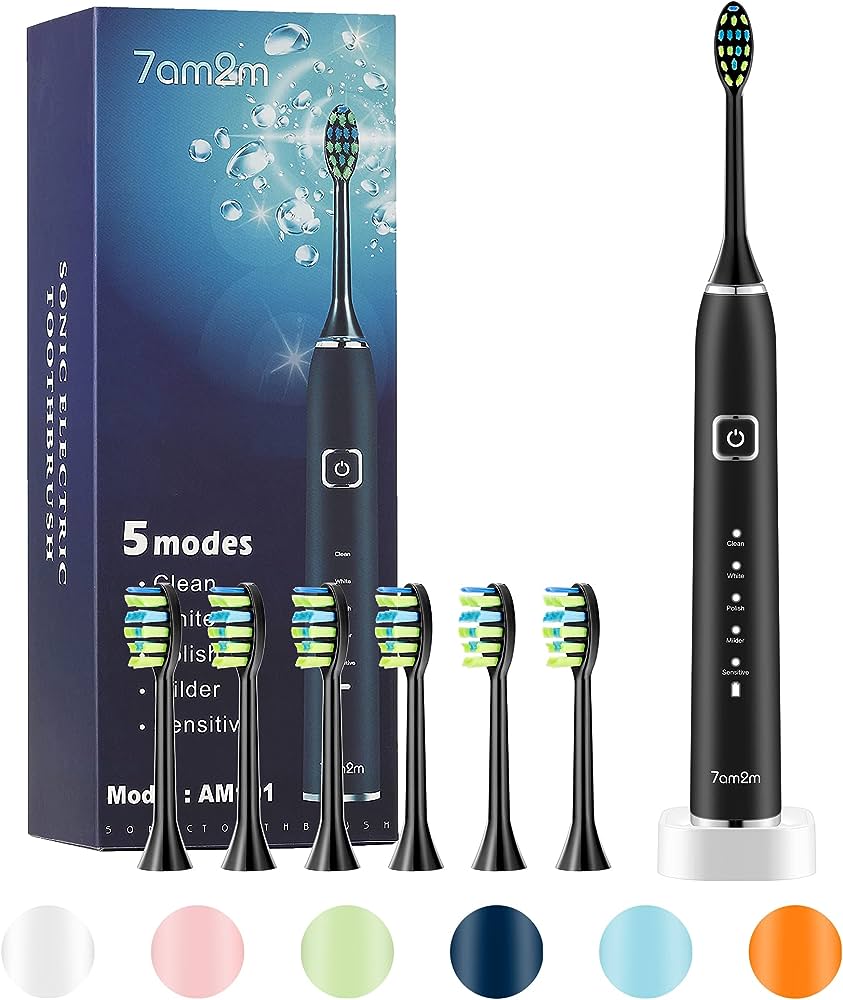
Purchasing Process:
How Should You Purchase an Electric Toothbrush to Maximize HSA Eligibility?
Following specific steps during the purchasing process can help maximize your chances of using HSA funds for an electric toothbrush.
Documentation and Records:
Prescriptions and Receipts:
Doctor’s Note: If you obtain a dentist’s prescription for an electric toothbrush, keep a copy of the note. It should specify the medical necessity and intended use for treating a particular condition or aiding with physical limitations.
Itemized Receipts: Purchase the toothbrush and obtain an itemized receipt showing the date, amount, and description of the purchase. Retain these records for potential audits or future reference.
HSA Provider Guidelines:
Understanding Policies:
Contact HSA Provider: Before making a purchase, contact your HSA provider to verify their specific policies on reimbursable items. Inquire if they require additional documentation beyond the prescription and receipt.
Provider Requirements: Some HSA providers may have strict requirements or guidelines for submitting claims for non-traditional expenses like electric toothbrushes. Ensure you meet all necessary criteria.
Claim Submission:
Filing a Claim:
Submit Documentation: To file a reimbursement claim, submit your supporting documentation (prescription and itemized receipt) to your HSA provider. Follow their prescribed process, whether paper forms or online submissions.
Provider Response: After submission, wait for your HSA provider to review and respond. They will either approve or deny the claim based on their assessment of the provided documentation.
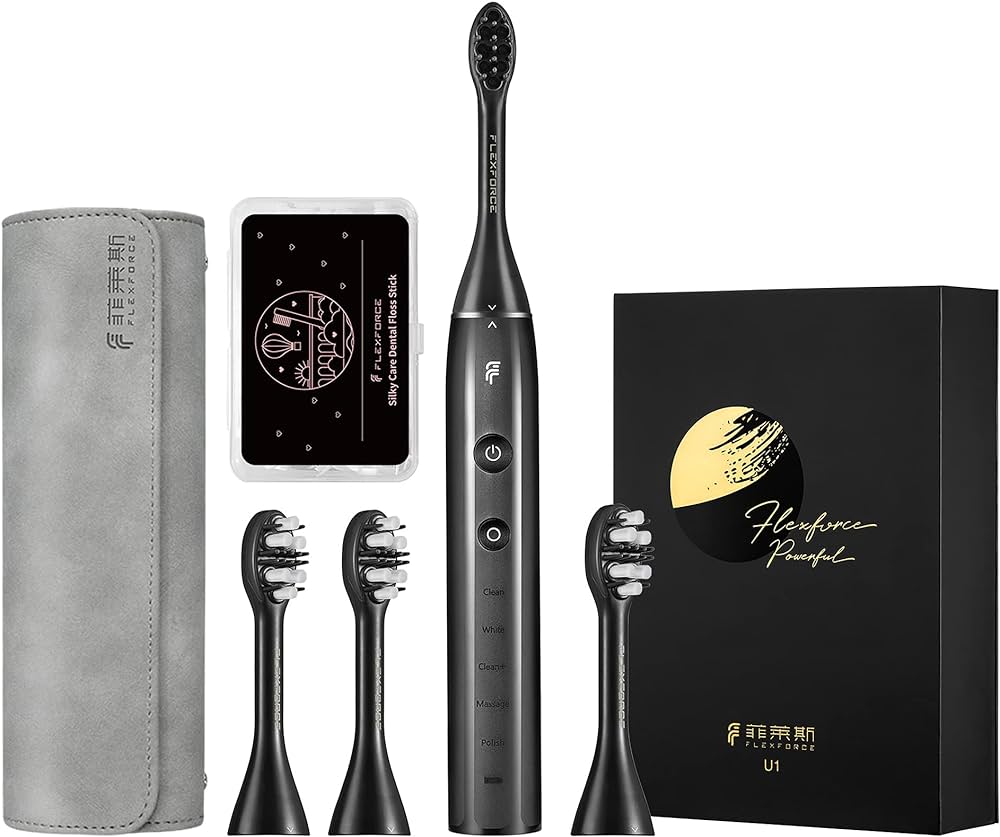
Tax Considerations:
What Are the Tax Implications of Using HSA Funds for Non-Qualified Expenses?
Using HSA funds for non-qualified expenses can have tax consequences. Understanding these implications can help you make informed decisions.
Tax Penalties:
Additional Taxes:
Non-Qualified Withdrawals: Withdrawals for non-qualified expenses, including potentially non-prescription electric toothbrushes, are subject to income tax. Additionally, they incur a 20% penalty if the account holder is under 65 and not disabled.
Reporting Requirements:
IRS Reporting: Any withdrawals from an HSA must be reported on your federal income tax return. Incorrectly claiming non-qualified expenses can lead to penalties and interest.
Preventing Errors:
Accurate Record-Keeping: Maintain accurate records of all HSA transactions, documentation, and correspondence with your HSA provider to avoid unintended errors during tax filing.
Appeals and Disputes:
What Can You Do If Your HSA Provider Denies Your Claim?
If your HSA provider denies your claim for an electric toothbrush, there are some steps you can take.
Understanding Denial:
Provider Explanation:
Review the Reason: Carefully review the explanation provided by your HSA provider for the denial. Understanding the specific reason can help you address the issue accurately or gather additional required documentation.
Additional Documentation:
Supplemental Evidence: If the denial was due to insufficient documentation, obtain additional supporting evidence such as a detailed letter from your dentist explaining the medical necessity.
Appeal Process:
Formal Appeal:
Submitting an Appeal: Most HSA providers have a formal appeal process for denied claims. Follow their guidelines to submit an appeal, including any additional documentation and a written explanation for why the expense should qualify.
Regulatory Assistance: For persistent issues, consider consulting with a tax professional or reaching out to regulatory bodies such as the IRS for further assistance.
Alternative Funding Options:
What Other Funding Sources Can Be Used to Pay for an Electric Toothbrush?
If using HSA funds for an electric toothbrush proves difficult, consider alternative funding sources.
Flexible Spending Accounts (FSAs):
Similar Guidelines:
FSA Coverage: FSAs have similar guidelines to HSAs concerning qualified medical expenses.
Employer Policies: Check with your employer or FSA administrator to understand the specific rules and submission process for potential reimbursement through your FSA.
Discount Programs:
Dental Discount Plans:
Cost Savings: Some dental discount plans or health savings programs offer discounts on products like electric toothbrushes. These plans can reduce out-of-pocket expenses without relying on HSA or FSA funds.
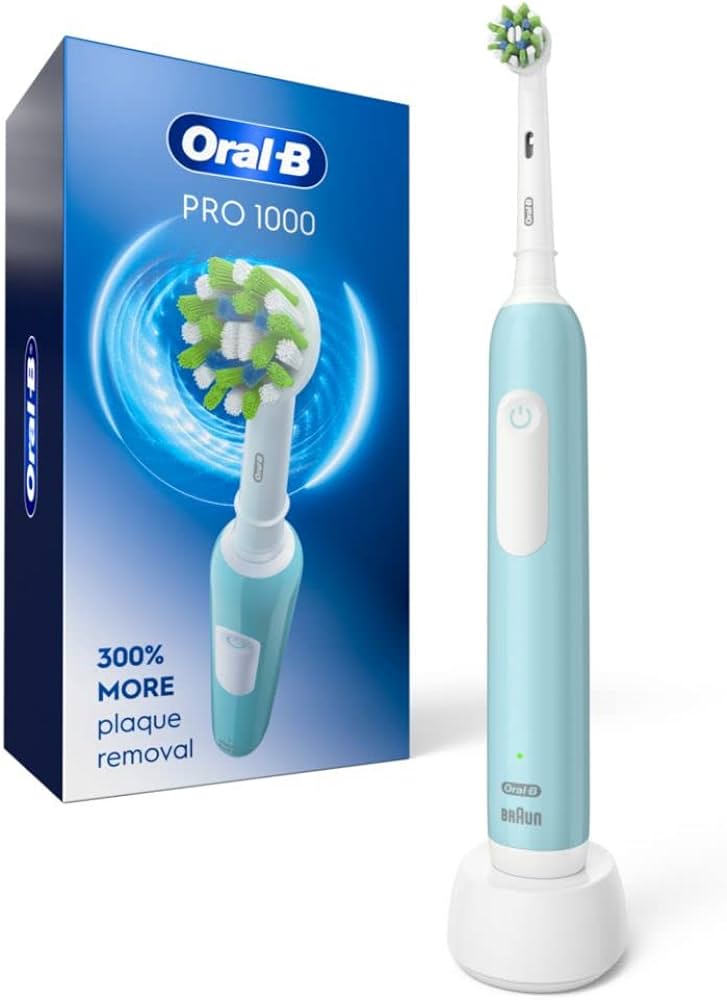
Insurance Coverage:
Health Insurance Benefits:
Preventive Care: Certain health insurance plans might provide benefits for preventive care items, including replacement of electric toothbrush. Review your plan’s benefits or contact your insurance provider for more details.
Conclusion
Using HSA funds to purchase an electric toothbrush can be complex, often requiring specific documentation such as a prescription to qualify as a medical expense. By understanding HSA guidelines, carefully documenting purchases, and following best practices, you can navigate the process more effectively. In cases of claim denials, consider appealing with additional supporting evidence or exploring alternative funding options such as FSAs or discount programs. Staying informed about eligible expenses and IRS guidelines ensures you maximize the benefits of your HSA while maintaining compliance.

